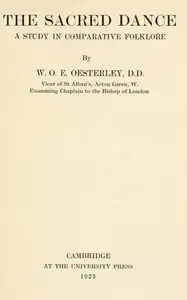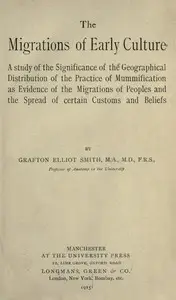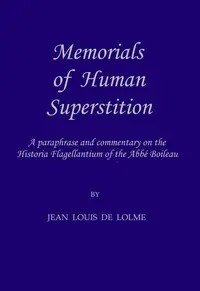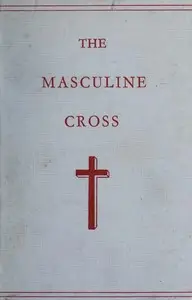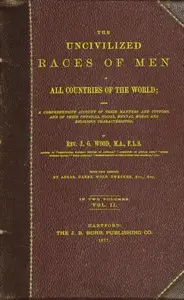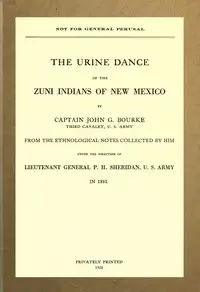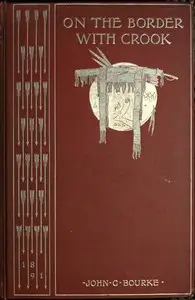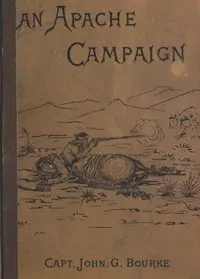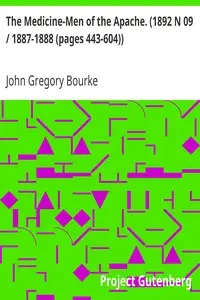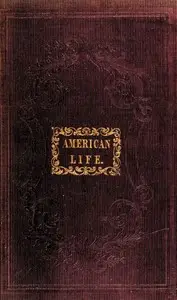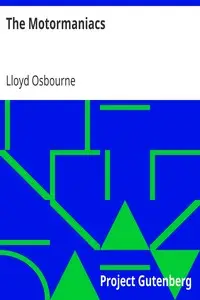"Scatalogic Rites of All Nations" by John Gregory Bourke is a profound scientific inquiry that catalogues the surprising employment of bodily waste in global cultural practices. The study highlights the widespread use of excrement in various traditions throughout history, particularly in healing, religious ceremonies, and supernatural rituals. Bourke's analysis, supported by original observations and a vast collection of scholarly sources, uncovers the spiritual and therapeutic importance of what is typically seen as repulsive. A key element of the study is a firsthand account of the "Urine Dance" observed among the Zuñi people, where the consumption of urine serves ritualistic purposes. Through his investigative lens, Bourke sheds light on human civilization's deep-seated beliefs and the essential ties between primal customs and the unusual usage of natural byproducts.
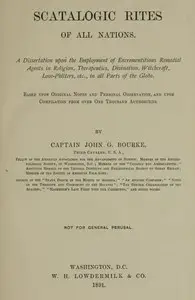
Scatalogic Rites of All Nations A dissertation upon the employment of excrementitious remedial agents in religion, therapeutics, divination, witchcraft, love-philters, etc., in all parts of the globe
By John Gregory Bourke
Venture into a world where bodily waste is not discarded but revered, playing pivotal roles in sacred rituals and healing practices across diverse cultures.
Genres
Released
2021-05-09
Formats
epub3 (images)
mobi
epub
mobi (images)
epub (images)
txt
Free Download
Summary
About the AuthorJohn Gregory Bourke was a captain in the United States Army and a prolific diarist and Reconstruction Era author; he wrote several books about the American Old West, including ethnologies of its indigenous peoples. He was awarded the Medal of Honor for his actions while a cavalryman in the Union Army during the American Civil War. Based on his service during the war, his commander nominated him to West Point, where he graduated in 1869, leading to service as an Army officer until his death.
John Gregory Bourke was a captain in the United States Army and a prolific diarist and Reconstruction Era author; he wrote several books about the American Old West, including ethnologies of its indigenous peoples. He was awarded the Medal of Honor for his actions while a cavalryman in the Union Army during the American Civil War. Based on his service during the war, his commander nominated him to West Point, where he graduated in 1869, leading to service as an Army officer until his death.
Total Reviews
10.0k
Total reviews from Goodreads may change

